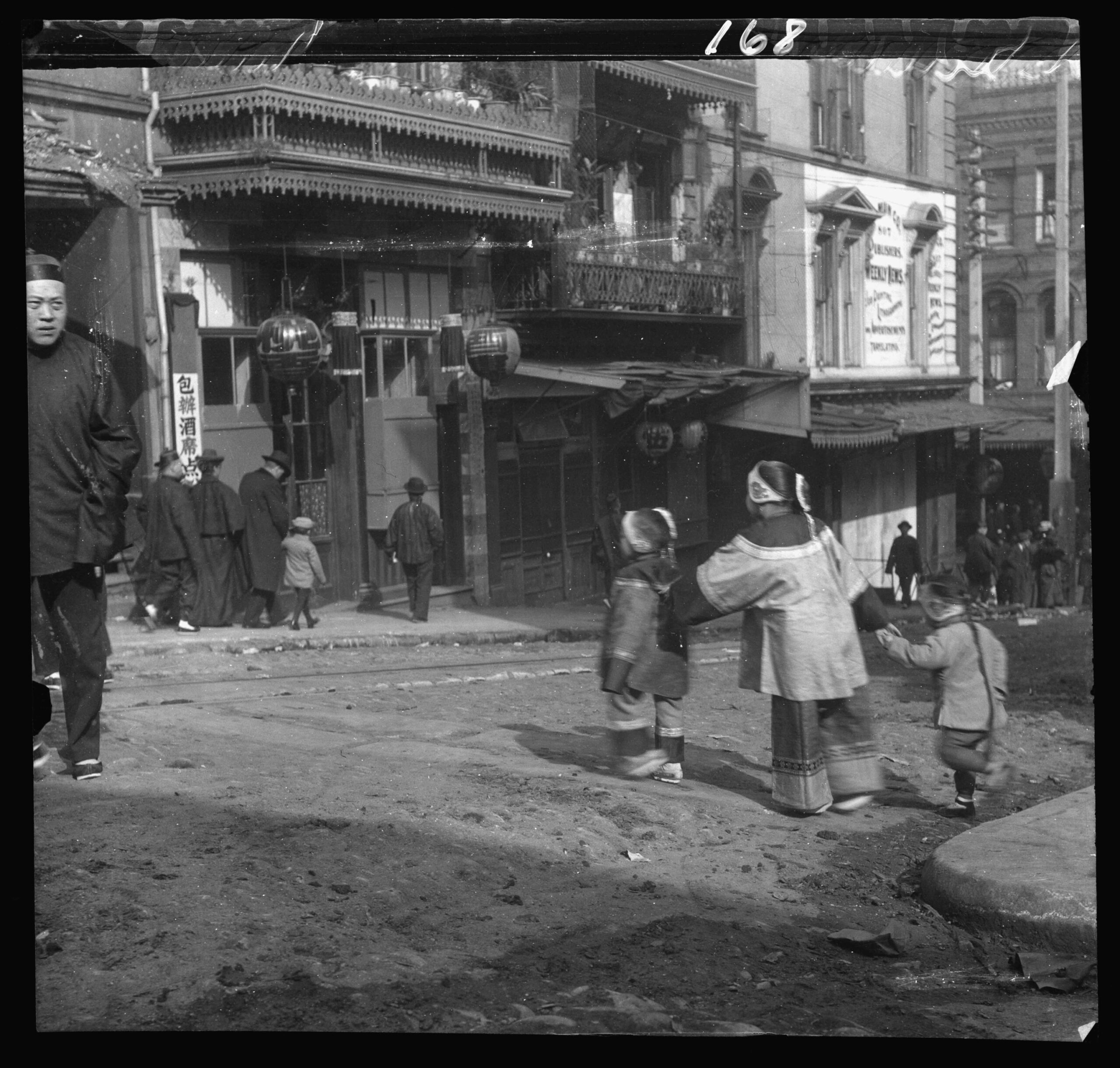JERUSALEM, ISRAEL—The Jerusalem Post reports that archaeologists from The Hebrew University of Jerusalem, Azusa Pacific University in Los Angeles, and Cornell University are conducting the first excavations at Tell Avil al-Qamh, strategically located in northern Israel near the borders of Canaanite, Aramean and Phoenician lands and the road to Damascus. So far, Iron Age structures dating to the twelfth and eleventh centuries B.C. have been uncovered with the help of volunteers, including a feature that may have been a tower overlooking the Huleh Valley to the south. Among the recovered artifacts are a Phoenician ring flask, typically used for holding precious oils or drugs; and a small jug containing pieces of hacksilver, which may have been used as a means of exchange.
Excavations Begin at Strategic Biblical Town in Northern Israel
News June 23, 2014
Recommended Articles
Off the Grid January/February 2026
Prophetstown, Indiana
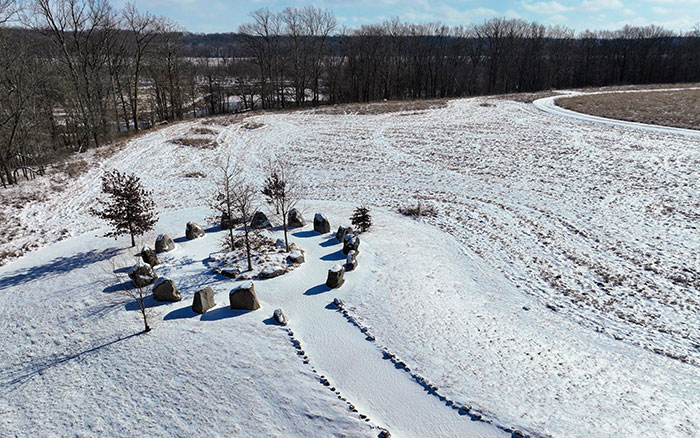
Letter from France January/February 2026
Neolithic Cultural Revolution
How farmers came together to build Europe’s most grandiose funerary monuments some 7,000 years ago
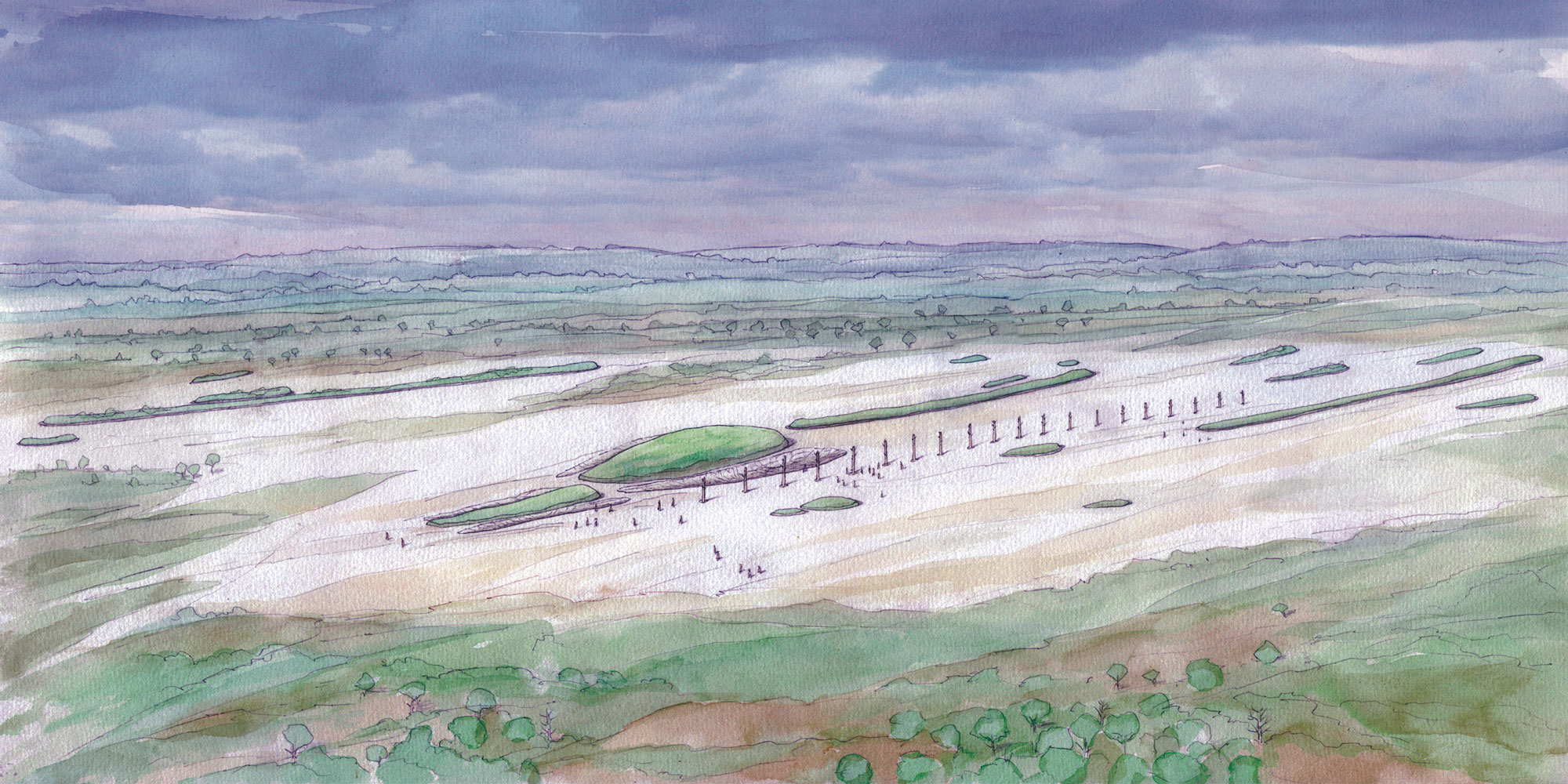
Features January/February 2026
The Cost of Doing Business
Piecing together the Roman empire’s longest known inscription—a peculiarly precise inventory of prices

Features January/February 2026
The Birds of Amarna
An Egyptian princess seeks sanctuary in her private palace
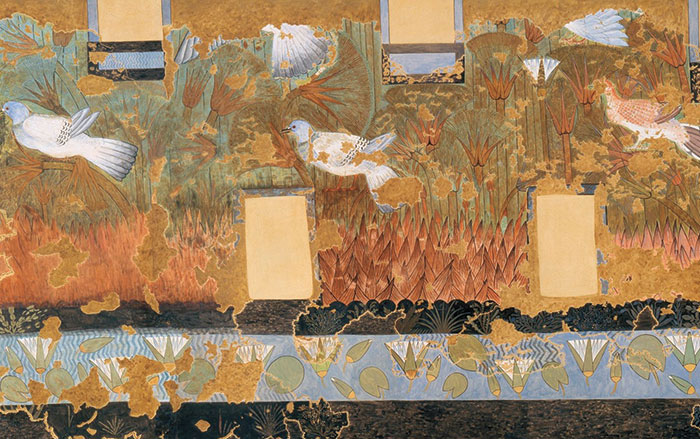
-
Features May/June 2014
Searching for the Comanche Empire
In a deep gorge in New Mexico, archaeologists have discovered a unique site that tells the story of a nomadic confederacy's rise to power in the heart of North America
 (Smithsonian American Art Museum, Washington, DC/Art Resource, NY)
(Smithsonian American Art Museum, Washington, DC/Art Resource, NY) -
Letter from Philadelphia May/June 2014
City Garden
The unlikely preservation of thousands of years of history in a modern urban oasis
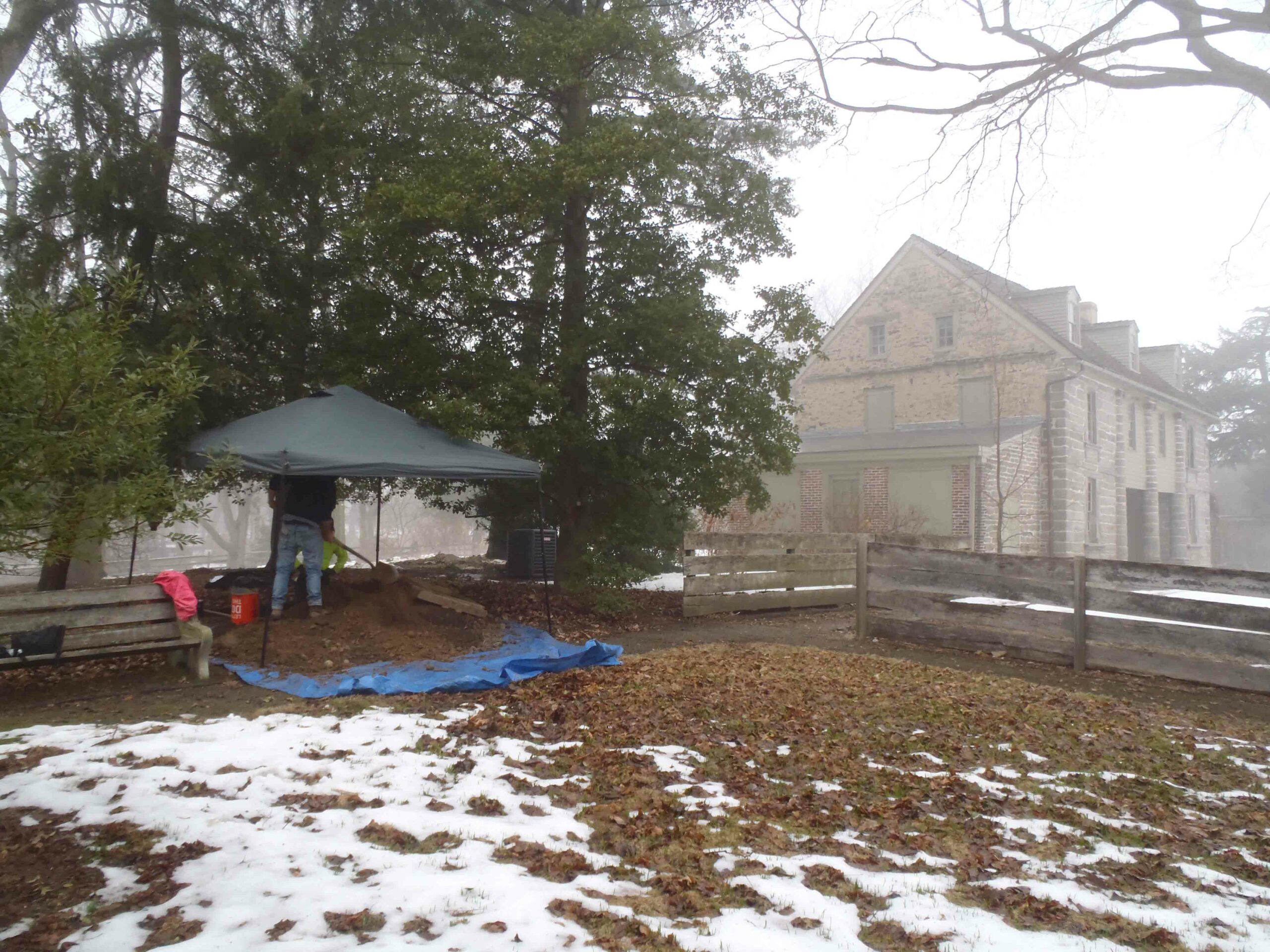 (Courtesy URS Corporation, Photo: Kimberly Morrell)
(Courtesy URS Corporation, Photo: Kimberly Morrell) -
Artifacts May/June 2014
Roman Ritual Deposit
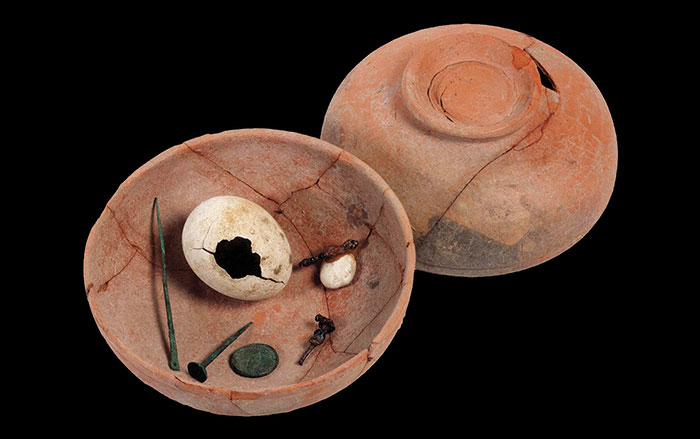 (Archaeological Exploration of Sardis)
(Archaeological Exploration of Sardis) -
Digs & Discoveries May/June 2014
A Brief Glimpse into Early Rome
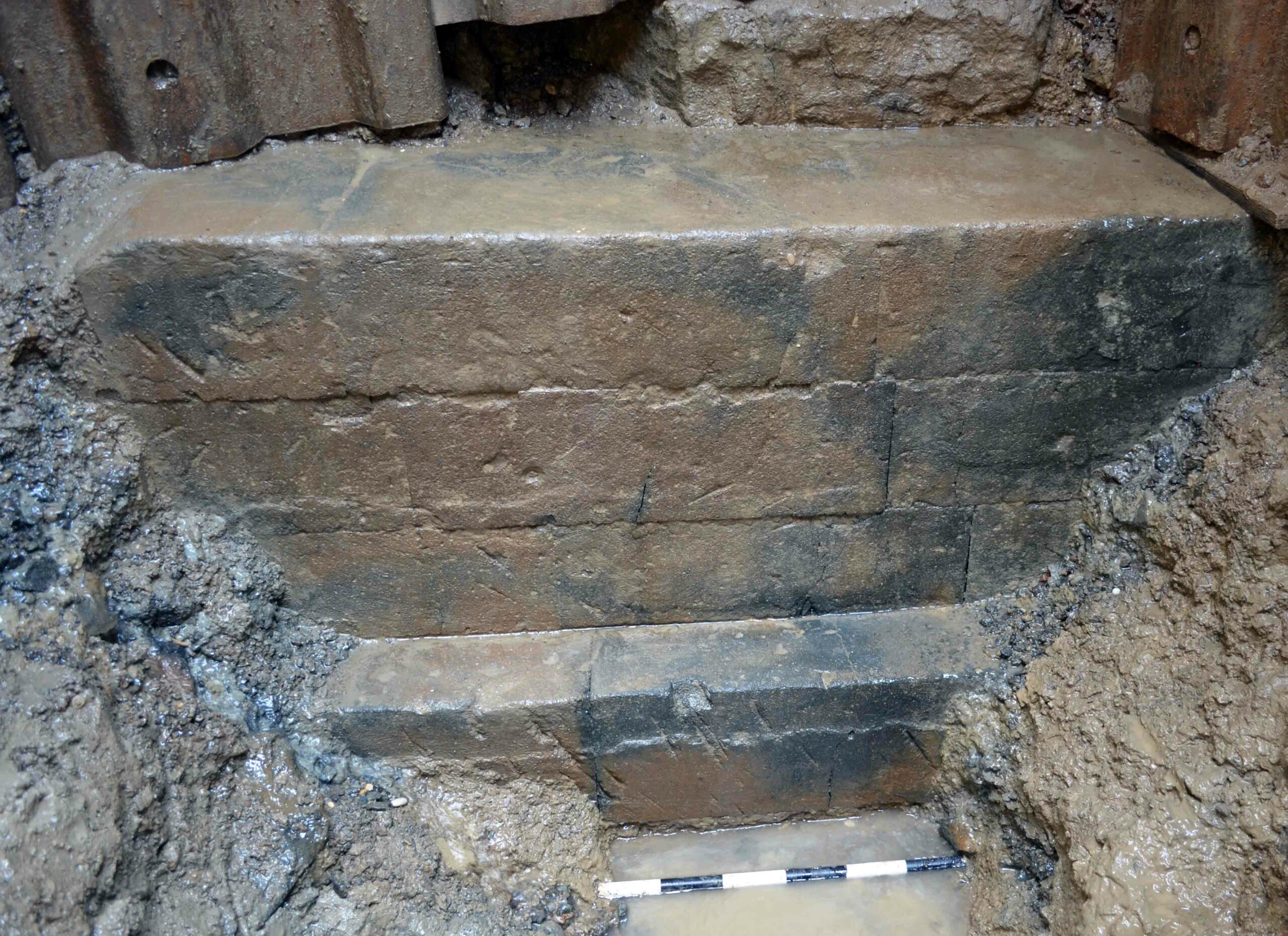 (Courtesy Dan Diffendale/Sant'Omobono Project)
(Courtesy Dan Diffendale/Sant'Omobono Project)


